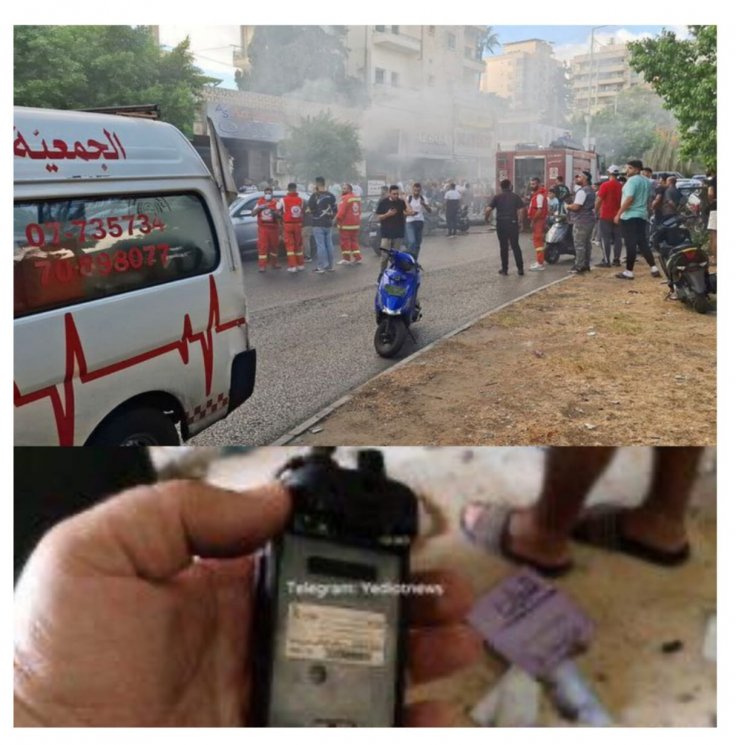On Wednesday, Lebanon witnessed a second wave of explosions reportedly tied to communication devices used by Hezbollah. Media reports confirmed that hundreds more people were injured in the blasts.

According to Lebanon's National News Agency, the explosions involved walkie-talkies and pagers used by Hezbollah members. Some of the incidents occurred inside homes in Beirut, with at least one reported during a funeral. Nine people were killed, and 300 others were injured in this latest attack, adding to the 12 deaths and thousands wounded on Tuesday.
Earlier reports suggested that Israel's Mossad spy agency may have planted small amounts of explosives in Hezbollah's pagers. These devices reportedly detonated across Lebanon on Tuesday, affecting several locations as people were shopping, dining in cafes, and traveling in cars.
The pagers and radios were purchased by Hezbollah five months ago, according to a security source. Lebanon's government and Hezbollah, an Iran-backed group based in Beirut, accused Israel of orchestrating the operation. Hezbollah fighters, who are known to use these devices due to their difficulty in tracking, were among the injured.
While Israel has not officially commented on the operation, Israeli and U.S. sources indicated to media outlets that Israel was responsible. Explosive material was reportedly hidden in a batch of pagers imported into Lebanon. The pagers were ordered from a Taiwanese firm called Gold Apollo, which later denied involvement, stating that its brand had been licensed to a Hungarian company. This company has yet to respond.
The explosions appeared to be part of a coordinated plan, months in the making. Around 3,000 Hezbollah pagers detonated simultaneously after a coded message was sent, according to Reuters. These claims, however, have not been independently confirmed.
Since Hamas launched attacks on Israel on October 7, Hezbollah has been involved in frequent exchanges of strikes with Israel. The two sides have swapped attacks near Lebanon's border almost daily, with Israel also targeting senior Hezbollah commanders. Thousands of Israeli residents near the border have evacuated amid these escalating tensions.
Despite the mounting pressure, Hezbollah seems to be avoiding a full-scale war with Israel. "There will be pressure for a stronger response," said Mohanad Hage Ali of the Carnegie Middle East Center. On Wednesday, Hezbollah reportedly fired rockets at Israeli artillery positions, signaling ongoing conflict in the region.









